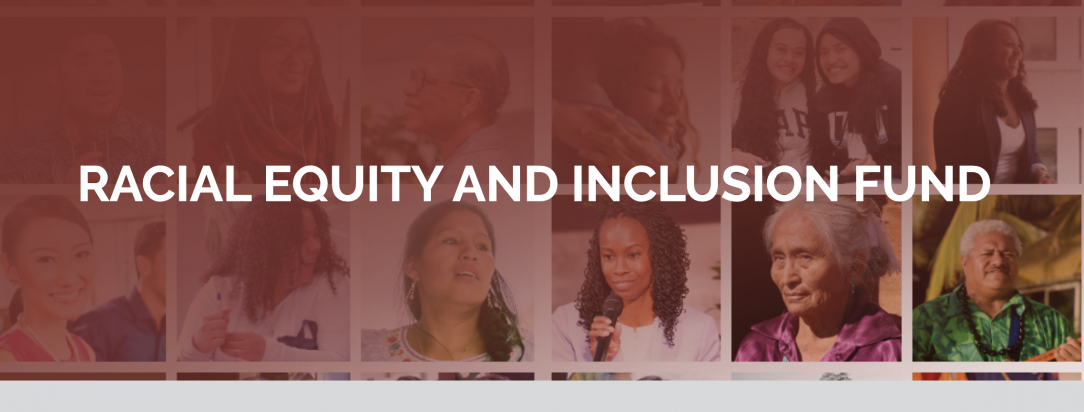Recent wide-spread reports and data reveals COVID-19 overwhelmingly and disproportionately impacts racially and ethnically diverse communities. This current crisis confirms and magnifies pre-existing social determinants of health, bringing into focus the cumulative impacts of systemic inequities, and lingering policies of racism.
The Multicultural Subcommittee of the Utah Coronavirus Task Force have prioritized advancing racial equity as one of its short and long-term goals. They define racial equity as the condition that would be achieved if one’s racial identity no longer predicted how one fares in their health, wealth, education, and sociocultural outcomes. They also include in this definition the systemic redistribution of power, opportunities, and access for people of all races and socioeconomic status to ensure that underrepresented communities are equally seen, heard, valued, respected, and considered in the decision-making process. A racial equity approach will also help redress and dismantle the historical disadvantage that people of color, and organizations led by people of color, have been subject to.
As the impacts of this outbreak are still unfolding, the Multicultural Subcommittee launched the Racial Equity and Inclusion Fund. This fund provided grants to community-based organizations (CBOs) to provide emergency support and financial assistance to disproportionately impacted communities, which also focused on lasting impact to alter systemic bias.
The broader economic crisis surrounding the COVID-19 pandemic has left individuals and families without resources for food, housing, utilities, and other essentials. Many vulnerable workers and families in our community are being left out of federal stimulus support. For example, the CARES Act excludes both undocumented residents and mixed-status households in which at least one member is undocumented.
Through grantmaking, the Multicultural Subcommittee and its partners increased the ability for organizations working on behalf of marginalized and systematically-isolated communities to sustain a more equitable future for themselves and their communities.

